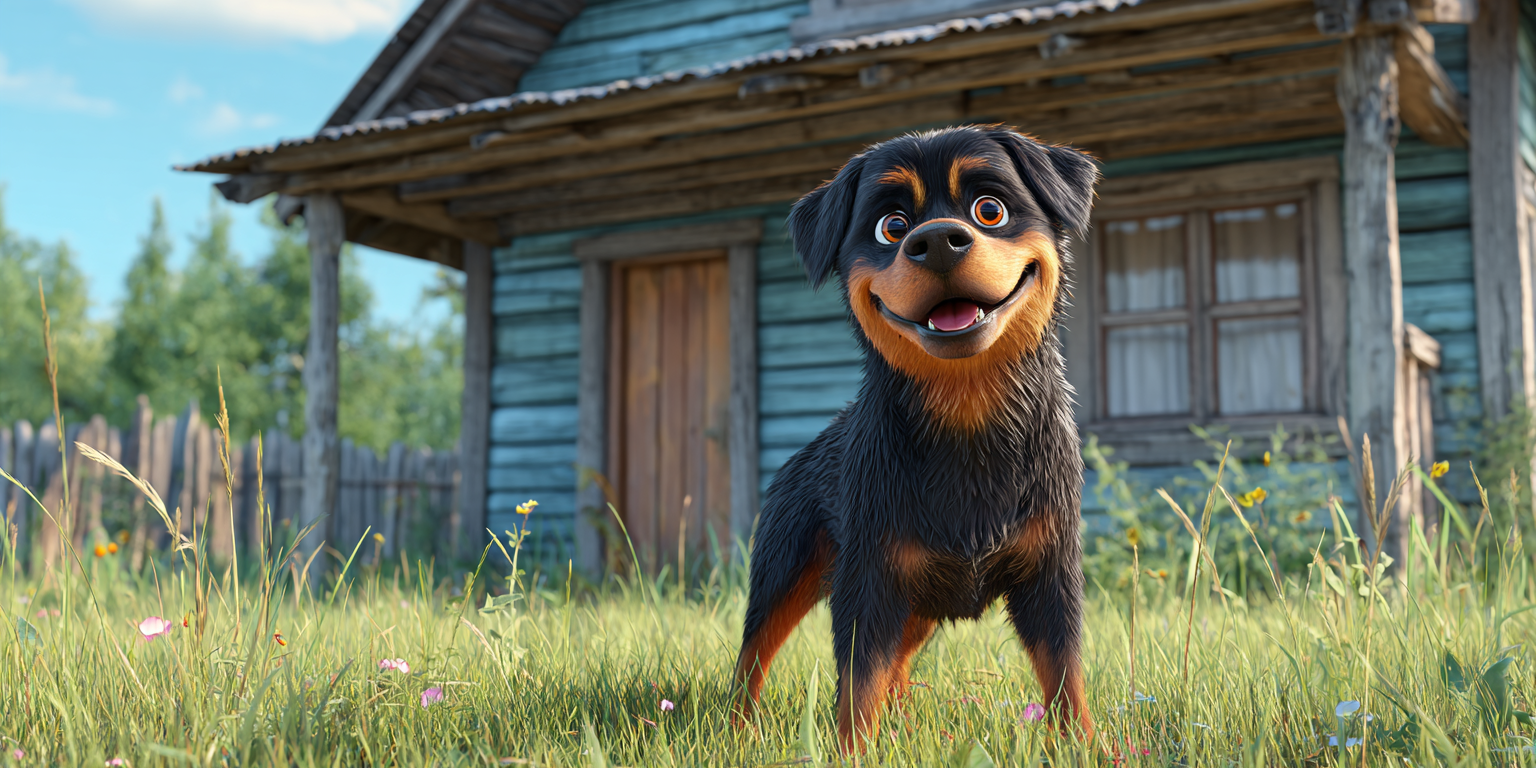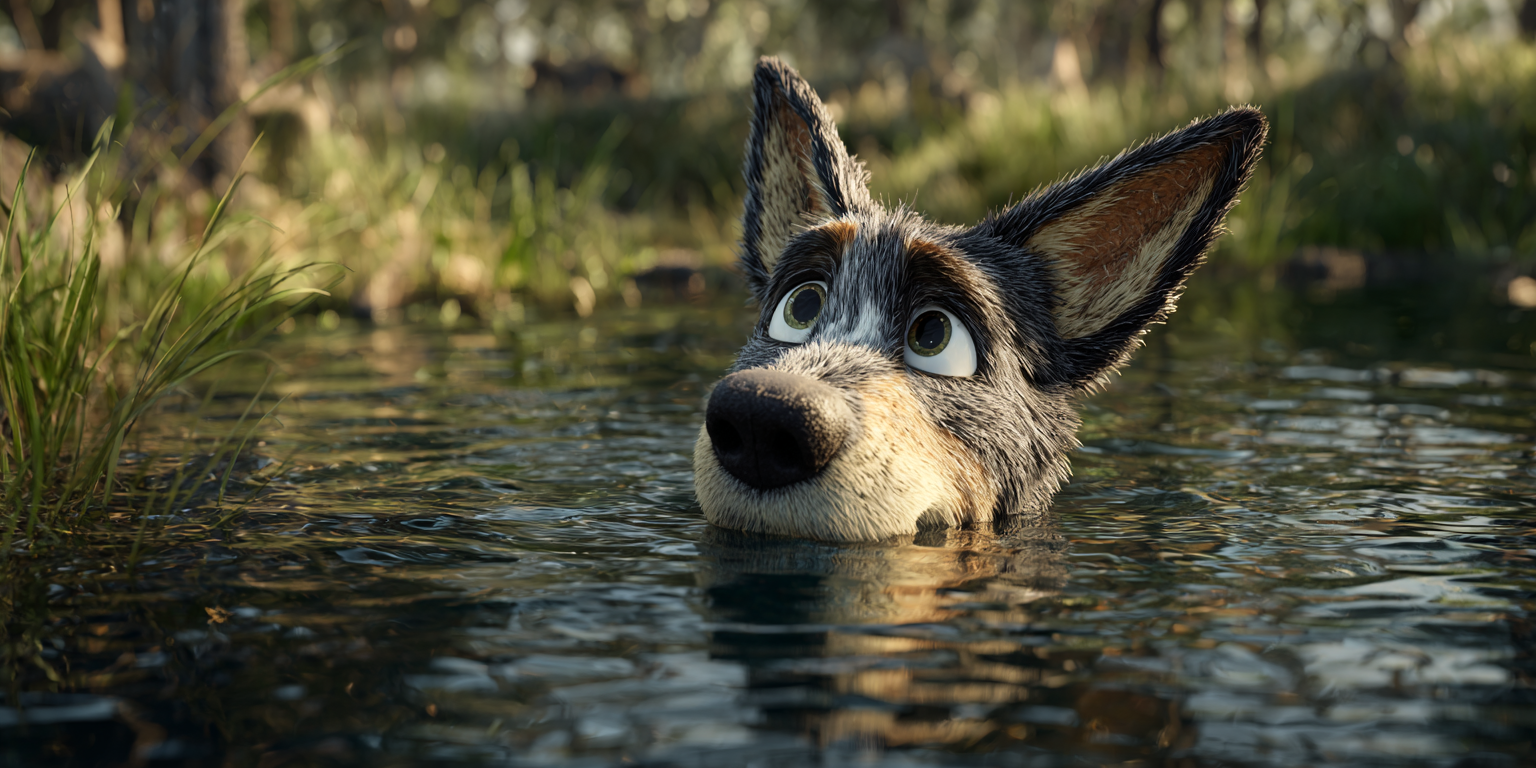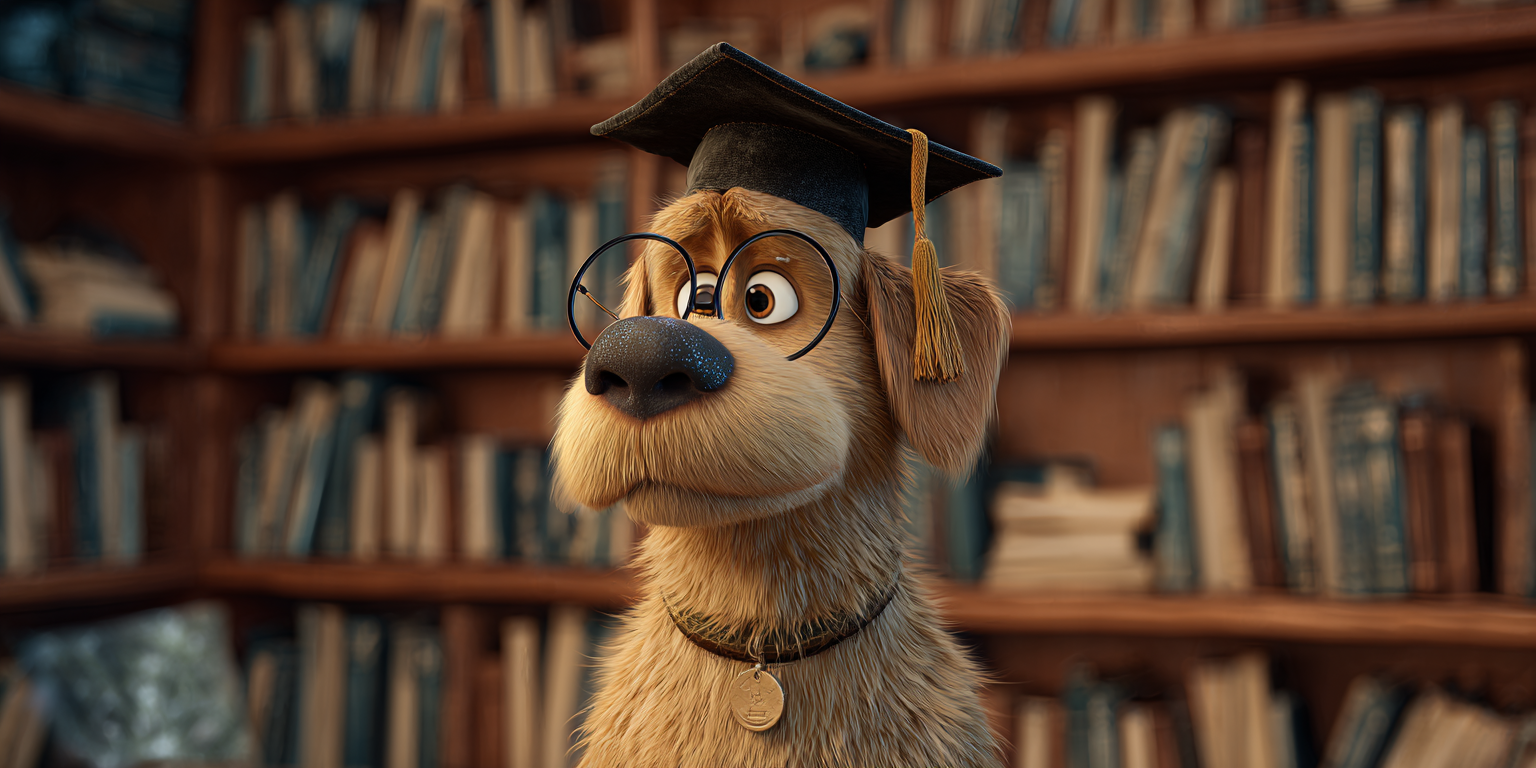Rottweiler Breed Guide
Rottweiler Breed Guide – Loyal, Powerful, and Loving Protectors

Rottweilers, often affectionately called “Rotties,” are one of the most recognisable dog breeds in the world.
With their striking black-and-tan coats, muscular build, and confident stance, Rottweilers are both admired and misunderstood. Despite their tough appearance, Rotties are intelligent, loyal, and affectionate family companions.
In this breed guide, we’ll explore the history of the Rottweiler, their personality traits, exercise, grooming, and training needs, family and lifestyle suitability, and common health considerations.
And of course, we’ll get some straight-talking tips from our resident grump, Grumpy Old Max, who has plenty to say about life as a Rottie!
Breed History & Personality Traits
The Rottweiler’s history dates back to the Roman Empire, where they were used as herding and guard dogs for cattle. As Roman legions marched across Europe, these dogs worked as drovers, protecting livestock and even carrying money pouches tied around their necks. The breed later became associated with the German town of Rottweil, which gave them their name.
Rottweilers were valued as working dogs, helping butchers herd cattle and pull carts laden with meat. Over time, their natural guarding instincts made them exceptional police, military, and service dogs.
Personality Traits
- Loyal and Protective: Rotties are deeply devoted to their families and make excellent guard dogs.
- Confident and Courageous: These dogs have a strong presence and are naturally self-assured.
- Smart and Trainable: Rottweilers are highly intelligent and thrive with consistent training and mental challenges.
- Affectionate Goofballs: Beneath their tough exterior, Rotties love to snuggle, play, and even act silly around their favourite humans.
Grumpy Old Max says:
“Yeah, we look scary – that’s the point! But give us a belly rub, and we’ll melt faster than butter on toast.”
Exercise, Grooming & Training Needs
Exercise Needs
Rottweilers are active, high-energy dogs that need at least an hour of exercise every day.
Activities like long walks, hiking, swimming, and games of fetch keep them happy and healthy. They also excel in canine sports such as obedience, agility, and tracking.
Because of their working heritage, Rotties love having a job to do. Mental stimulation is just as important as physical exercise, so consider puzzle toys, scent games, or advanced obedience training to keep their brains sharp.
Max growls:
“If you don’t exercise us, we’ll find our own entertainment… and trust me, you won’t like what that looks like!”
Grooming Needs
Rottweilers have a short, dense double coat that sheds moderately throughout the year and more heavily during seasonal changes.
Grooming is simple:
- Brushing: Once or twice a week to remove loose hair.
- Bathing: Every 6–8 weeks or as needed.
- Nail Trimming: Every 3–4 weeks.
- Dental Care: Brush teeth several times a week to prevent dental disease.
Training & Socialisation
Rottweilers are highly intelligent and eager to learn, but they need firm, consistent, and positive training. Early socialisation is crucial to ensure they grow up to be well-mannered and confident around people and other animals.
- Start Young: Expose puppies to different sights, sounds, and people.
- Use Positive Reinforcement: Rotties respond best to rewards and praise.
- Set Boundaries: They are natural protectors, so teaching them impulse control is essential.
Max’s wise words:
“Train us well, and we’ll be your best mate. Don’t bother training us, and, well… enjoy explaining to the neighbours why we ‘rearranged’ your garden furniture.”
Family & Lifestyle Suitability
Rottweilers can be fantastic family dogs, but they aren’t for everyone. They are best suited for experienced dog owners who understand the importance of leadership, training, and exercise.
Are Rottweilers Good with Kids?
Yes – when raised and socialised properly. Rotties are known for being gentle and protective with children, though supervision is always recommended, especially with younger kids.
Living Arrangements
- Best Home Environment: A house with a yard where they can run and play.
- Apartment Living: Possible if they get plenty of exercise, but they may feel restricted.
- Other Pets: They can live with other dogs, especially if raised together, but early socialisation is key.
Max scoffs:
“We love our families. We’ll protect your kids, guard your house, and probably even warm your feet while you watch TV. You’re welcome.”
Common Health Considerations
Like many large breeds, Rottweilers are prone to certain health conditions.
Regular veterinary check-ups and a healthy lifestyle can help prevent or manage these issues.
Potential Health Issues
- Hip and Elbow Dysplasia – Joint problems are common in larger dogs.
- Heart Conditions – Such as aortic stenosis.
- Obesity – Rotties love their food, so portion control is vital.
- Osteosarcoma (Bone Cancer) – This breed has a higher risk of bone cancer compared to some others.
- Bloat (Gastric Torsion) – A life-threatening condition requiring immediate veterinary attention.
Lifespan
Rottweilers typically live 8–10 years, though with good care, some can live longer.
Max’s tip:
“Don’t overfeed us. A chunky Rottie might look cute, but bad hips and heart problems aren’t a good time – for anyone.”
Max’s No-Nonsense Advice – From a Real Grumpy Rottie
💬 “Look, humans, here’s the deal. We’re big, strong, and smarter than you think. Train us right, and we’ll guard your house, fetch your slippers, and even let you hog the couch. But ignore us, and you’ll come home to find we’ve redecorated – Rottweiler style. And trust me, you won’t like it.”
💬 “Also, when we roll over for belly rubs – you better commit. Half-hearted scratches are unacceptable.”
💬 “And please, no silly costumes. We’re Rottweilers, not your Halloween accessories. A bandana? Fine. A tutu? Forget it.”
Is the Rottweiler Right for You?
Rottweilers are loyal, protective, and loving dogs that thrive in active, structured households.
They require an owner who can provide:
✅ Regular exercise and mental stimulation
✅ Consistent training and leadership
✅ Early and ongoing socialisation
✅ Lots of love, attention, and companionship
If you can give a Rottweiler what they need, you’ll be rewarded with one of the most devoted and affectionate companions you could ever have.
Key Rottweiler Facts
| Trait | Details |
|---|---|
| Group | Working Group |
| Origin | Germany (Rottweil) |
| Size | Large |
| Coat | Short, dense double coat |
| Exercise Needs | 1+ hour daily |
| Temperament | Loyal, confident, affectionate |
| Lifespan | 8 - 10 years |
Final Thoughts
The Rottweiler is a powerful yet loving breed, perfect for owners who can provide training, structure, and plenty of affection. They’re not just guard dogs – they’re loyal family members who adore their humans and will protect them with their lives.
Max’s final words:
“Treat us right, and we’ll be your best mate for life. Treat us wrong, and… well, let’s just say your shoes won’t survive the week.”




